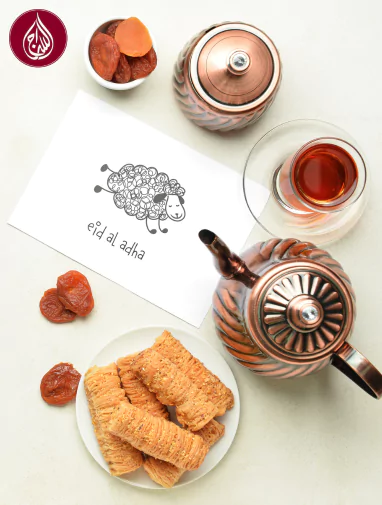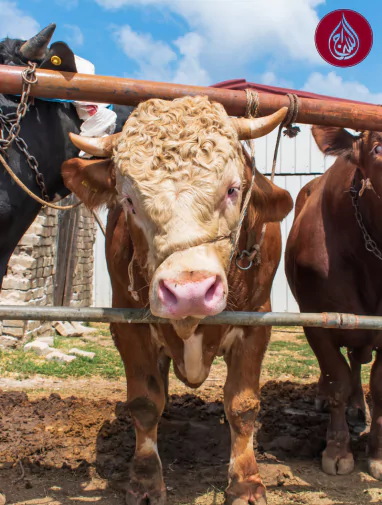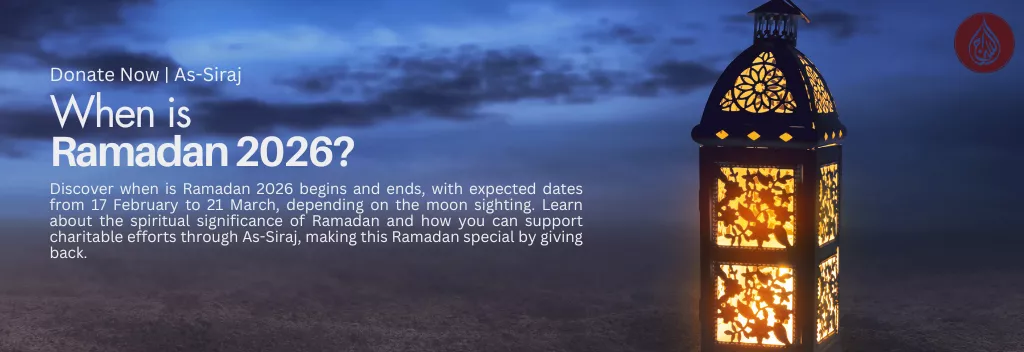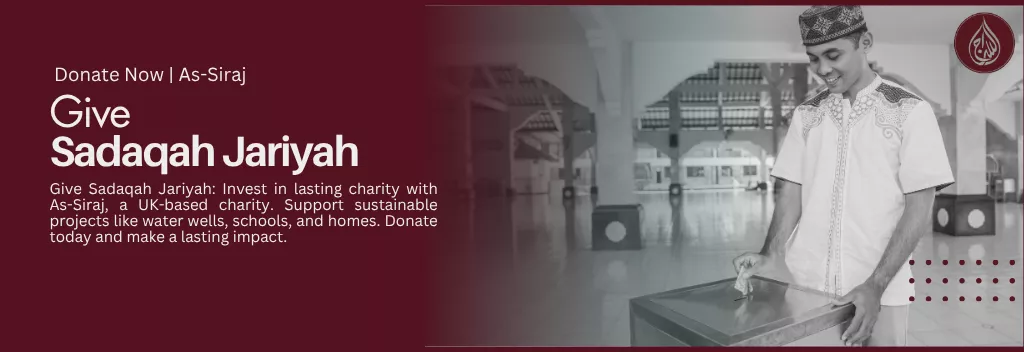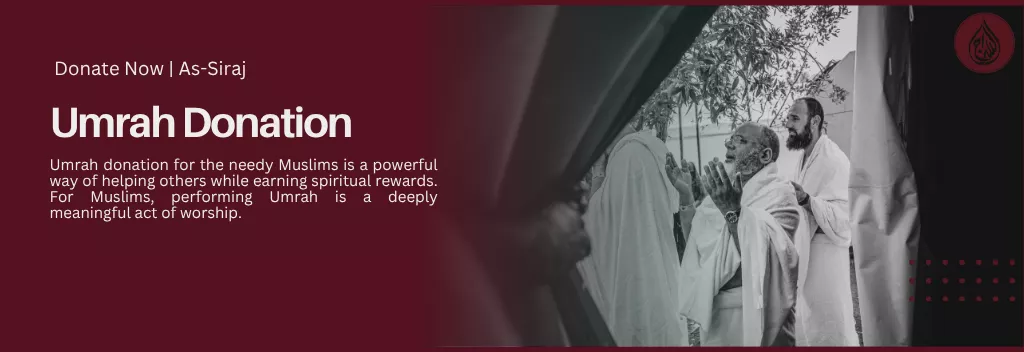Origins and Significance
Dhu al-Hijjah, the final month of the Islamic calendar, is a time of great significance. During this month, millions of Muslims undertake the Hajj pilgrimage, a religious obligation deeply rooted in the traditions of Prophet Ibrahim and his son Ismail, ancestors of Prophet Muhammad (peace be upon him). One of the key practices observed in this month is the Udhiyyah (sacrifice).
The Udhiyyah tradition traces its origins to the Quran, where it is told that Prophet Ibrahim had a divinely inspired dream instructing him to sacrifice his beloved son, Ismail. In the Quran, we find:
قَالَ يَٰبُنَيَّ إِنِّيٓ أَرَىٰ فِي ٱلۡمَنَامِ أَنِّيٓ أَذۡبَحُكَ فَٱنظُرۡ مَاذَا تَرَىٰۚ قَالَيَـٰٓأَبَتِ ٱفۡعَلۡ مَا تُؤۡمَرُۖ سَتَجِدُنِيٓ إِن شَآءَ ٱللَّهُ مِنَ ٱلصَّـٰبِرِينَ
“When the boy was old enough to work with his father, Abraham said, ‘My son, I have seen myself sacrificing you in a dream. What do you think?’ He said, ‘Father, do as you are commanded and, God willing, you will find me steadfast.’” (as-Saffat 37:102)
This act of obedience demonstrated the ultimate devotion to Allah—sacrificing something most precious in His name. Prophet Ismail’s willingness to submit to his father’s duty, with his statement, “You will soon witness me to be from those who are steadfast, God willing,” highlighted a profound obedience.
During their journey to Mina, Prophet Ibrahim and Ismail faced the temptation of Satan, yet their resolve remained unshaken. At the moment of sacrifice, Allah, in His mercy, intervened by sending the angel Jibril with a ram from heaven to replace Ismail. This act spared the life of Prophet Ibrahim’s son, who became an ancestor to the Arab people.
Each year, Muslims around the world commemorate this act of devotion by performing an animal sacrifice. This practice, which takes place during Eid al-Adha, is not a sacrifice of children or possessions, but rather animals in memory of Prophet Ibrahim’s commitment. The Quran calls this sacrifice “an-Nahr,” which is the source of the name for Eid al-Adha and the following two days, known as “ayyām an-Nahr,” or the days of sacrifice.
فَصَلِّ لِرَبِّكَ وَٱنْحَرْ
“So pray and sacrifice for your Lord.” (al-Kawthar 108:2)
This verse is interpreted by scholars such as in Tafsir Jalalain and at-Tabari (citing Abdullah b. Abbas) as referring to the Eid al-Adha prayer, followed by the offering of the Udhiyyah sacrifice.
Performing the Udhiyyah on the day of Eid is regarded as one of the most virtuous acts. Prophet Muhammad (peace be upon him) said:
“A human does no action from the actions on the day of Nahr more beloved to Allah than spilling blood (of sacrificial animals). On the Day of Judgement, it will appear with its horns, and hair, and hooves, and indeed the blood will be accepted by Allah from where it is received before it even falls upon earth, so let your heart delight in it.” (Tirmidhi, 1493)
Rulings of Udhiyyah
According to the Hanafi school of thought, the Udhiyyah is a Wājib (obligatory). Neglecting it, without a valid excuse, is considered sinful.
Who is Obliged?
The obligation to perform Udhiyyah applies to every adult Muslim (male or female) who is:
- A resident (travelers are exempt due to the difficulties of travel).
- Financially capable of affording the sacrifice, meaning they possess at least the nisāb (minimum threshold) of wealth from the dawn of the 10th of Dhu al-Hijjah. It is not required for the poor or those facing financial difficulties. Note: This requirement only applies for the days of sacrifice itself; the passing of a year is not a condition for Udhiyyah.
Timing
Udhiyyah becomes obligatory for those meeting the criteria from the Fajr (dawn) prayer on the 10th of Dhu al-Hijjah (Eid al-Adha). It must be performed after the Eid prayer for city dwellers. In villages, where the Eid prayer is not obligatory, the sacrifice can take place immediately after Fajr.
The permissible period for performing Udhiyyah spans from the Fajr of the 10th of Dhu al-Hijjah to the Maghrib (sunset) prayer on the 12th of Dhu al-Hijjah.
The Sacrificial Animal
The animals permitted for sacrifice include sheep, goats, and rams, with one animal sufficing for a single offering. For cows and camels, one animal can be sacrificed for an individual, or up to seven people can share in the sacrifice of a single animal, provided each one intends it for the pleasure of Allah.
It is preferable for the person offering the sacrifice to do so themselves, continuing a long-standing tradition.
Distribution of Meat
The individual performing the sacrifice may consume and store the meat. However, it is highly recommended to distribute a portion of the meat to the poor, as well as to family and friends.
FAQs
Can Udhiyyah be given on behalf of children?
Udhiyyah is not obligatory for children, but it can be performed with their wealth.
Can a husband give Udhiyyah on behalf of his wife?
Yes, a husband can offer Udhiyyah on behalf of his wife, with her permission. While it is an individual obligation, it can be fulfilled on behalf of another person.
Can I give Udhiyyah on behalf of my deceased parents?
Though Udhiyyah is not obligatory for the deceased, it can be offered on their behalf with the intention of sending them rewards (isāl as-thawāb).
Can I give Udhiyyah in another country?
Yes, it is permissible to give Udhiyyah in another country, and the sacrifice will take place according to the local timing, even if it happens before the Eid prayer in the country of the person giving the sacrifice.
What if the country I’ve given Udhiyyah in celebrates Eid on a different day?
Yes, the Udhiyyah will still be accepted, as the timing of the country where the sacrifice is performed will be considered.
Is it permissible to cut hair and nails if one is giving Udhiyyah?
It is recommended for those intending to perform Udhiyyah to refrain from cutting their hair and nails from the beginning of Dhu al-Hijjah until the sacrifice is made. Although it is a meritorious act, there is no sin if one does not adhere to this.
As-Siraj: A Charity Organization Making a Difference
As-Siraj is an organization committed to providing essential aid and support to communities in need, particularly during significant events like Eid al-Adha. Through their well-established charity efforts, As-Siraj ensures that the sacrifices made by Muslims are not just symbolic, but impactful, reaching the less fortunate in the local and global community. With transparency and dedication, As-Siraj helps Muslims fulfill the spirit of Udhiyyah by distributing the meat to those who need it most, strengthening bonds of compassion and charity during this important time.
References
- Tafsir Jalalain
- Tafsir Tabari
- Mukhtasar al-Quduri
- al-Hidayah sharh Bidayat al-Mubtadi
Through our collaboration with The House of Wisdom, we aim to inspire thoughtful discourse and promote access to quality knowledge.


